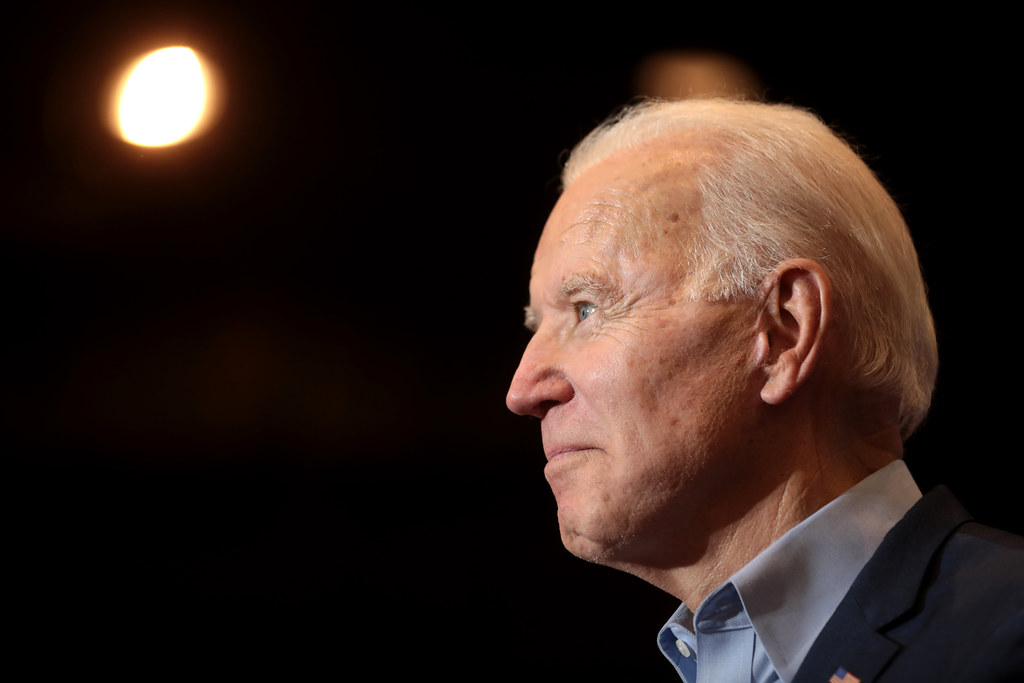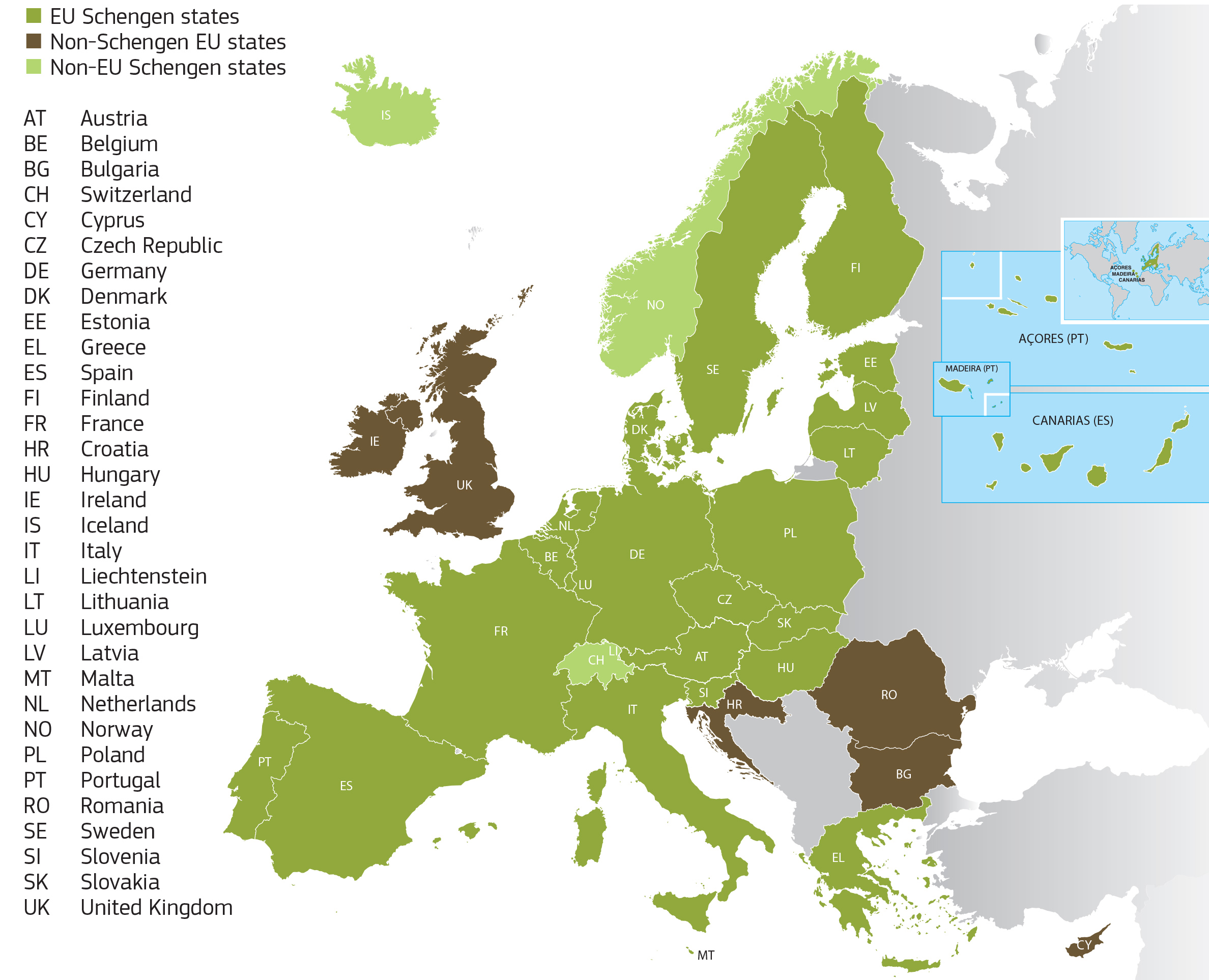In this blog post, we bring you some long-awaited news. In a much-anticipated move, the Biden administration decided on Wednesday, February 24, 2021, to immediately revoke Presidential Proclamation 10014, a controversial order passed under former President Donald Trump that halted the issuance of most U.S. visas at Consulates and Embassies worldwide.
Our office has known since early January that the Biden administration was planning to revoke this Proclamation, and yesterday the rumors were finally put to rest.
Presidential Proclamation 10014 is no more.
What was Presidential Proclamation 10014 about?
P.P. 10014 essentially imposed a 60-day ban on the issuance of visas for most immigrant and nonimmigrant visa categories. The Proclamation began on April 23, 2020 and was set to continue by President Trump until March 31, 2020.
P.P. 10014 proved to be exceedingly harmful given the wide variety of immigrants to which it applied.
Specifically, the order halted the issuance of U.S. visas for the following classes of immigrants at U.S. Consulates and Embassies worldwide as of the date of the proclamation (April 23, 2020):
- Spouses and children of green card holders (US citizens were not affected) applying at the consulate
- Parents of US citizens applying at the consulate
- Brothers and sisters of US citizens applying at the consulate
- Sons and daughters (meaning over 21 years old) of US citizens applying at the consulate (children under 21 years old of US citizens were not affected)
- Sons and daughters (meaning over 21 years old) of green card holders applying at the consulate
- EB1A extraordinary abilities and their family applying at the consulate
- PERM EB3, PERM EB2, NIW employment based and their family applying at the consulate
- EB4 religious workers immigrants applying at the consulate
- H1B and H4 dependents applying at the consulate
- L1 and L2 applying at the consulate
- J1 applying at the consulate
Individuals residing in the United States and those who had a valid visa or travel document to enter the United States, on or before the date of the proclamation, were not impacted.
 Visa Lawyer Blog
Visa Lawyer Blog





